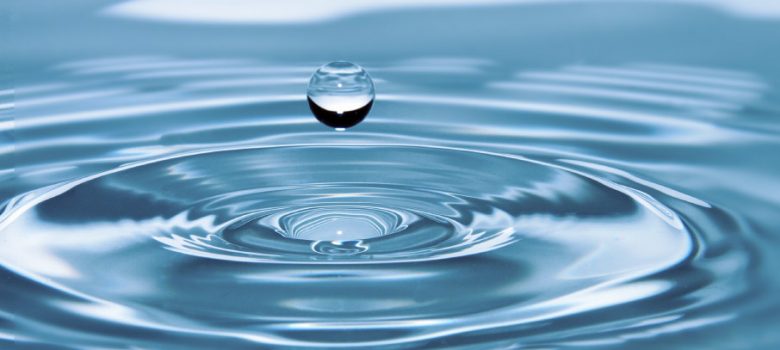Most folks know the importance of brushing and flossing, and our team at Wildflower Dental & Orthodontics stresses the importance of brushing twice a day and flossing at least once a day. However, are you aware that there are actually two ways you can floss? There is of course the traditional way of using string floss that we’re sure you’re all familiar with, and then there is water flossing.
Water Flossing Defined
Water flossers are handy-dandy electric hand-held tools that spray water into your mouth to push out food that is stuck between your teeth. Water flossers that have the American Dental Association stamp of approval can be trusted to effectively remove plaque from your teeth and protect against gingivitis.
Benefits of Flossing with Water
If flossing with floss is awkward or difficult for you, water flossers are a great alternative as they really do most of the heavy lifting in flossing. Plus, if you have bridges or braces, water flossers are extremely convenient, as the water can easily get around your dental appliance, and loosen food particles that are stuck in braces.
When Water Flossing Might Not Flow Well for You
With any kind of dental technology, there are some considerations with water flossing that might not work for your individual oral care routine. The first being that water flossers need to be plugged in during use. They are also a bit bulky for transport, which doesn’t make them particularly convenient for the “floss-on-the-go” type of person. Additionally, they require cleaning every 1-3 months to maintain optimal pressure and effectiveness due to the accumulation of mineral deposits, and cost more than disposable string floss. However, if these are non-issues for you, then water flossing would be an excellent addition to your daily oral hygiene routine!
Include String or Water Flossing
Overall, the important thing is that you do add flossing to your routine, whether that be the traditional method or the water-based way. Flossing helps get in those hard-to-reach areas that might otherwise be missed when brushing, especially for those with braces and bridges. Consult with Dr. Walkington whether water flossing might be a good fit for your dental needs.
Our team is here to answer any questions you might have about flossing!
Contact Us




